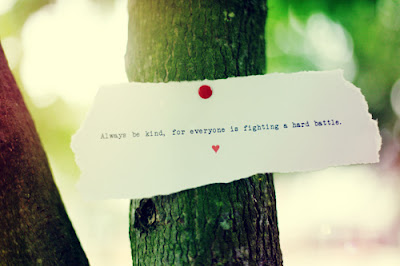 |
| Young Women Reading a Letter. Ferdinand Georg Waldmuller. Source |
Please come to the Albert Wisner Public Library in Warwick, New York for a talk about my book "Save Send Delete"!
"Save Send Delete" is a true story. It's a debate about God, and a love story. Check out Amazon reviews hereand editorial reviews, below.
I'll be at the public library in Warwick, NY on Thursday, October 24 at 6:30 p.m. and I would love to see you there. You can access the library's website here.
Editorial reviews:
The Anchoress, aka Elizabeth Scalia, author of "Strange Gods: Unmasking the Idols in Everyday Life" said in her review at Patheos, that "Save Send Delete" "just took my breath away in ways I can't yet articulate...For Catholic readers in search of good Catholic fiction that reflects something of what it means to be passionately Catholic in a post-Christian, secularist and politically correct era, the book is cathartic":
Julie Davis, author of "Happy Catholic" named "Save Send Delete" one of the ten best books of the year.
Jeff Miller, a former atheist, current Catholic who blogs under the name Curt Jester said of "Save Send Delete," "I can hardly think of a book that I want to have better known. It deserves all the attention it can get."
Deacon Kevin McCormack, host of the WABC radio show "Religion on the Line, said, "I want to reinforce the importance of the book, but also the pleasure of reading the book. This is not a philosophical tome. This is very clever-you are a very funny writer also-I mean there are times that my eye welled up with tears, there are times that I burst out laughing with some of the ways you turned phrases. It was a fun read, I certainly enjoyed it."
Father Dave Dwyer of "Busted Halo" radio called "Save Send Delete" "captivating."
"Save Send Delete" is a true story. It's a debate about God, and a love story. Check out Amazon reviews hereand editorial reviews, below.
I'll be at the public library in Warwick, NY on Thursday, October 24 at 6:30 p.m. and I would love to see you there. You can access the library's website here.
Editorial reviews:
The Anchoress, aka Elizabeth Scalia, author of "Strange Gods: Unmasking the Idols in Everyday Life" said in her review at Patheos, that "Save Send Delete" "just took my breath away in ways I can't yet articulate...For Catholic readers in search of good Catholic fiction that reflects something of what it means to be passionately Catholic in a post-Christian, secularist and politically correct era, the book is cathartic":
Julie Davis, author of "Happy Catholic" named "Save Send Delete" one of the ten best books of the year.
Jeff Miller, a former atheist, current Catholic who blogs under the name Curt Jester said of "Save Send Delete," "I can hardly think of a book that I want to have better known. It deserves all the attention it can get."
Deacon Kevin McCormack, host of the WABC radio show "Religion on the Line, said, "I want to reinforce the importance of the book, but also the pleasure of reading the book. This is not a philosophical tome. This is very clever-you are a very funny writer also-I mean there are times that my eye welled up with tears, there are times that I burst out laughing with some of the ways you turned phrases. It was a fun read, I certainly enjoyed it."
Father Dave Dwyer of "Busted Halo" radio called "Save Send Delete" "captivating."


















